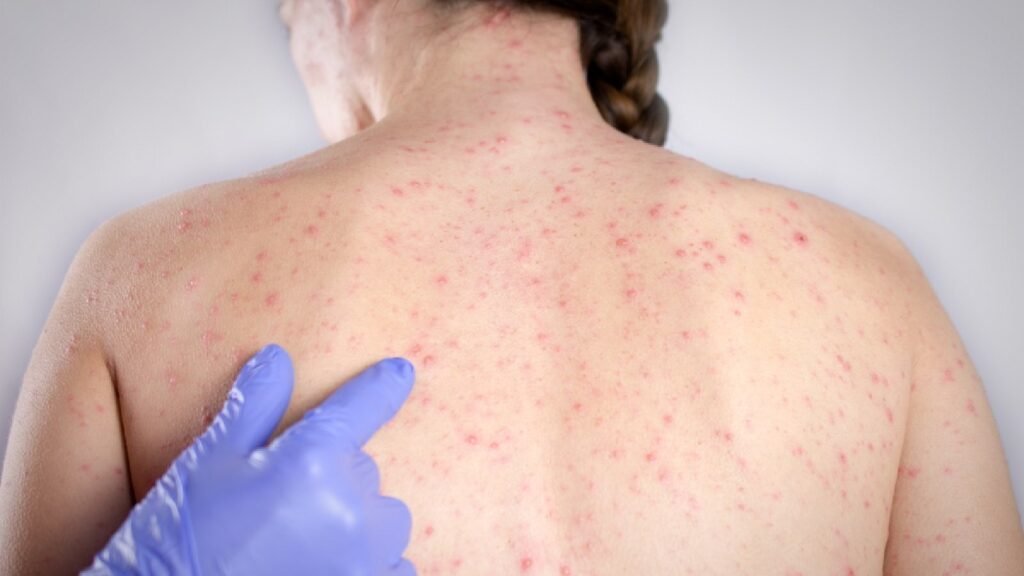[ad_1]
Measles is one of the most contagious diseases in the world, with a new report claiming that the cases increased by 18 percent across the globe in 2022. The latest data has raised concerns, as deaths related to measles have also climbed by 43 percent globally in comparison to 2021. Vaccinations remain important in the case of measles, but you should also know the symptoms of measles.
The estimated number of measles cases has now touched nine million, as per the US Centers for Disease Control and Prevention (CDC) and the World Health Organization (WHO). Around 136,000 people have died due to measles.
What is measles?
It is a communicable disease that spreads through respiratory droplets from infected people, especially through coughing and sneezing, says
Dr Neha Rastogi Panda, an infectious diseases expert.

Even if you breathe the same air as someone else with the disease, you can get affected. The virus remains on active mode in the air or on surfaces that are infected for about two hours. Due to this, it is very infectious. One person who gets infected by measles can infect about nine out of 10 of their close contacts who are not vaccinated, according to the World Health Organization.
What are the common symptoms of measles?
Some of the signs and symptoms of measles you should look out for, include:
1. Continuous high grade fever
Measles often starts with a high fever, which can spike up to 104 degree Fahrenheit, Dr Panda tells Health Shots.
2. Runny nose
While cough is one of most prominent symptoms, measles can also cause a runny or stuffy nose, similar to symptoms of the common cold.
Select Topics of your interest and let us customize your feed.
PERSONALISE NOW
3. Conjunctivitis
Inflammation of the eyes can happen, leading to redness and sensitivity to light. It will be very difficult to keep the eyes open due to the pain.

4. White spots in the mouth
Small white spots with bluish-white centers may appear inside the mouth if you have measles, says Dr Panda.
5. Rash
A rash is a visible symptom that begins to show about seven to 18 days after exposure to virus. Initially, you will see them on your face and upper neck then within a few days, it will spread to your hands and feet.
More complications due to measles may lead to:
• Ear infections
• Blindness
• Severe diarrhea
• Encephalitis that leads to brain swelling and may damage your brain
• Severe breathing problems
Complications can be mostly seen in children who are yet to celebrate their fifth birthday and adults who are over 30. Measles mostly affects children who are malnourished, especially those with vitamin A deficiency or with a weak immune system. The disease also weakens the immune system, making it difficult for the body to protect itself against infections.
Pregnant women need to be very careful, as measles can be dangerous for the mother and the baby. It can result in the little one being born prematurely with a low birth weight.
How to treat measles?
When it comes to measles treatment, there is no specific anti-viral treatment. But supportive care can help. That includes rest, hydration and fever-reducing medications. In severe cases, hospitalisation may be required.
Measles can be prevented through hygiene and vaccines, says the expert. The measles, mumps, and rubella (MMR) vaccine is highly effective in preventing measles. It is typically administered in two doses, with the first dose given around age one and the second dose between ages four and six. Vaccination not only protects people, but also helps to prevent the spread of the virus within communities.
[ad_2]

